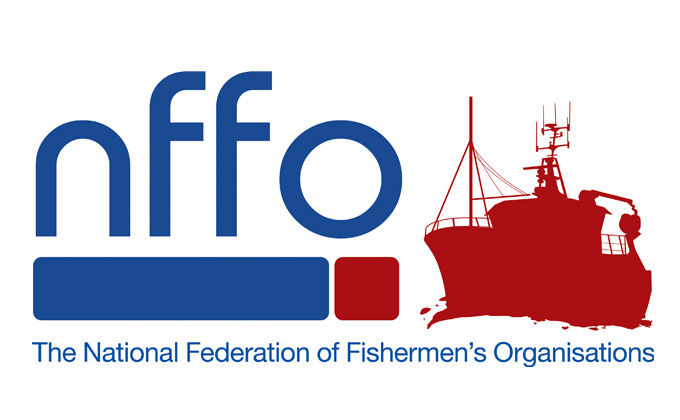7 October 2009
The failure of cod recovery measures in the Irish Sea and what might be done to replace the current regime, was the subject of a major meeting, held recently in Belfast and organised by the North West Waters Regional Advisory Council.
The meeting, which involved fishermen, the European Commission, fisheries scientists, the member states and other stakeholders, and was launched by Northern Ireland Fisheries Minister Michelle Gillgernew, aimed to break the cycle of failed measures, poor data and weak assessments.
It was agreed from the outset that insufficient attention had been devoted to an approach tailored to the specific conditions in the Irish Sea and that poor data and weak assessments could only mean further punitive controls. The fishing industry was eager to stress the measures that had been taken to date. These included:
- Improved selectivity of gear
- The seasonal closure during the spawning period
- The decommissioning schemes that had led to a dramatic reduction in the targeted whitefish fishery
- Strengthened control measures
- Diversion of fishing effort onto other fisheries
There was agreement that there was no quick fix for the problems in the Irish Sea but that it was vital to identify the reasons why Irish Sea cod was not showing the signs of recovery seen in the North Sea. There were also paradoxes to face, such as the relatively abundant haddock and plaice stocks which contrasted dramatically with the cod and sole fisheries.
Above all it was agreed that that this meeting should not simply describe the various aspects of the problem but should develop a plan of action to address them. Given the divergent views on the state of the stocks and the weaknesses in the present assessments it was agreed that the first priority should be to take steps to build a consensus on the status of the Irish Sea stocks. Catch data prior to the introduction of buyers and sellers registration was either absent or had been corrupted and the first priority would be to ensure that catches (including discards) are accurately recorded. Other suggested ways in which the information base for future Irish Sea fisheries management could be strengthened included:
- A “reference fleet” of commercial fishing vessel with observers on board to track the main features in the commercial fishery and to counter any biases in the formal scientific surveys
- Proper incentives to ensure participation in vessel self-sampling schemes
- A more sophisticated understanding of natural mortality, including the role of seal populations in impeding a recovery of the cod stocks
- Strengthened communications between the three key parties: the fishermen, the scientists and the fisheries managers
- A better understanding of economic pressures and their role in supporting of undermining management measures.
“No one at the meeting came away thinking that a simple solution to the problems facing the Irish Sea was just around the corner”, said David Hill, NFFO Chairman.
“But a lot of time has been wasted and there was a sense in which this meeting was the start of a new approach. The priority now is to set out a work programme that will take us to where we need to go”.
“I think and hope that we will look back on this meeting as an important turning point”.

